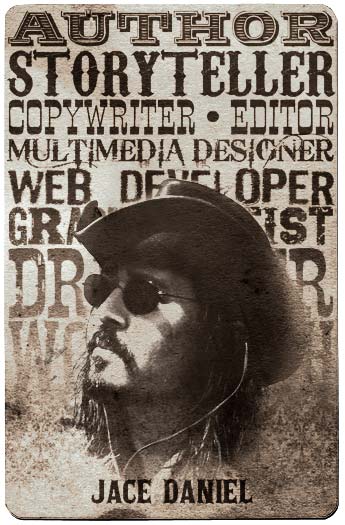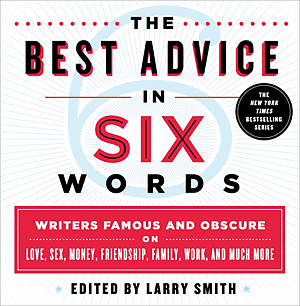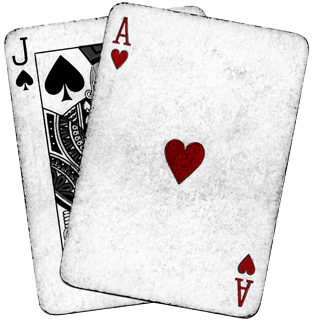If the mob had its way, The Godfather would have never been produced. It so follows that the film obviously wouldn’t be what it is today if it weren’t for the mob. Here’s the story.
Part 1 of 5:
Part 2 of 5:
Part 3 of 5:
Part 4 of 5:
Part5 of 5:
RELATED: What if Robert Redford portrayed Michael? What if Ernest Borgnine portrayed Vito? What if Sylvester Stallone portrayed Carlo? Could’ve happened. Here’s some cool trivia from Wikipedia:
Coppola’s casting choices were unpopular with studio executives at Paramount Pictures, particularly Marlon Brando as Don Vito Corleone. Coppola’s first two choices for the role were both Brando and Laurence Olivier, but Olivier’s agent refused the role, saying, “Lord Olivier is not taking any jobs. He’s very sick. He’s gonna die soon and he’s not interested” (Olivier lived 18 years after the refusal). Paramount, which wanted Ernest Borgnine, originally refused to allow Coppola to cast Brando in the role, citing difficulties Brando had on recent film sets. One studio executive proposed Danny Thomas for the role citing the fact that Don Corleone was a strong “family man.” At one point, Coppola was told by the then-president of Paramount that “Marlon Brando will never appear in this motion picture”. After pleading with the executives, Coppola was allowed to cast Brando only if he appeared in the film for much less salary than his previous films, perform a screen-test, and put up a bond saying that he would not cause a delay in the production (as he had done on previous film sets). Coppola chose Brando over Borgnine on the basis of his screen test, which also won over the Paramount leadership. Brando later won an Academy Award for his portrayal, which he refused to accept.
The studio originally wanted Robert Redford or Ryan O’Neal to play Michael Corleone, but Coppola wanted an unknown who looked like an Italian-American, whom he found in Al Pacino. Pacino was not well known at the time, having appeared in only two minor films, and the studio did not consider him right for the part, in part because of his height. Jack Nicholson, Dustin Hoffman, Warren Beatty, Martin Sheen, and James Caan also auditioned. At one point, Caan was the first choice to play Michael, while Carmine Caridi was signed as elder brother Sonny. Pacino was given the role only after Coppola threatened to quit the production; Caan stated that Coppola envisioned Michael to be the Sicilian-looking one and Sonny was the Americanized version. The studio agreed to Pacino on the condition that Caan was cast as Sonny instead of Caridi, despite the former’s Jewish heritage and the latter closely matching the character in the novel (a six-foot-four, black-haired Italian-American bull). Coppola and Puzo would subsequently create a role for Caridi in the sequels.
Bruce Dern, Paul Newman, and Steve McQueen were considered for the role of Tom Hagen that eventually went to Robert Duvall. Sylvester Stallone auditioned for Carlo Rizzi and Paulie Gatto, Anthony Perkins for Sonny, and Mia Farrow auditioned for Kay. William Devane was seen for the role of Moe Greene. Mario Adorf was approached for a role as well. A then-unknown Robert De Niro auditioned for the roles of Michael, Sonny, Carlo, and Paulie Gatto. He was cast as Paulie, but Coppola arranged a “trade” with The Gang That Couldn’t Shoot Straight to get Al Pacino from that film. De Niro later played the young Vito Corleone in Part II, winning a Best Supporting Actor Oscar for the role.
To some extent, the film was a family affair for Francis Ford Coppola. Carmine Coppola, his father, who had a distinguished career as a composer, conductor and arranger, wrote additional music for the film and appeared in a bit part as a piano player, and Carmine’s wife, Italia Coppola, was an extra. The director’s sister, Talia Shire, was cast as Connie Corleone, and his infant daughter, Sofia, played Connie’s and Carlo’s newborn son, Michael Francis Rizzi, in the climactic baptism scene near the movie’s end.] Coppola also cast his sons as Tom Hagen’s sons, Frank and Andrew. They are seen in the Sonny-Carlo street fight scene and behind Pacino and Duvall during the funeral scene.












Comments on this entry are closed.